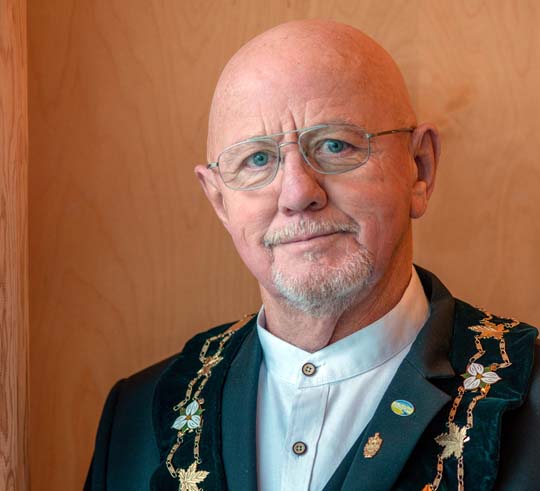By Cecilia Nasmith/Today’s Northumberland
With opoid-related death rates higher in the Haliburton Kawartha Pine Ridge Health Unit jurisdiction higher than the overall provincial rate, a new idea to address the crisis is gaining traction – decriminalization of the simple possession of small amounts of illicit drugs meant for personal use only.
The idea was explored at the Board of Health’s October meeting by Substance and Harm Reduction Co-ordinator Catherine MacDonald and Detective Constable Nick Seguin of the Kawartha Lakes Police Service.
MacDonald addressed their larger harm-reduction efforts, saying much of their resources are taken up in the fight against the devastation wrought by the opioid epidemic – which has only skyrocketed since COVID-19 hit.
In the HKPR jurisdiction for the year of April 2019-March 2020, there were 21 deaths – 11.3 per 100,000 population, compared to a provincial rate of 10.4 per 100,000.
The subsequent year, April 2020-March 2021, saw 41 deaths – 21.8 per 100,000 compared to the provincial rate of 18.1 per 100,000.
The possible strategy to decriminalize simple possession of small amounts of drugs for personal use is seen as a potential way to divert these people out of the criminal-justice system and, ideally, into the public-health system.
“Small amounts of illicit drugs for personal use only,” Seguin emphasized.
“The police would still respond to the drug calls and, most likely, still seizing these amounts of drugs and disposing of them, but looking at alternative methods of dealing with these people by diverting them through addiction programs and counselling.”
The alternative is to keep these users in the criminal subculture, Seguin said, with all its stigma and mental-health challenges.
In the Kawartha Lakes jurisdiction, he added, those groups most affected with these challenges are the poor, the homeless and males ranging from the young to the middle-aged.
“If we were able to get these people into programs, we would hopefully be able to reduce crime, reduce calls for service for first responders, and ultimately bring safer streets to our community,” Seguin said.
Jurisdictions that have implemented this decriminalization have not seen much decline in drug use, he continued, though the associated harms are attenuated.
Seguin produced a statement from the Canadian Association of Chiefs of Police calling for the decriminalization of personal possession of illicit drugs to divert those who use substances away from the criminal-justice system and into health-care treatment and social services.
Kawartha Lakes Police Chief Mark Mitchell has publicly recognized possession of small personal-use amounts of illicit drugs is more appropriately dealt with as a health issue than as a criminal-justice issue.
And on Dec. 14, 2020, the Town of Cobourg became the ninth municipality (out of a current total of 42) to call for reforms that would include this specific form of decriminalization.
MacDonald called for the HKPR Board of Health to adopt a position statement in line with this as a means of saving lives, making the community safer and addressing the opioid crisis.
“I applaud personally your efforts,” Cobourg Mayor John Henderson said.
“It has been a long time coming, for all the right reasons, and I would like to compliment you.”
“I am fully in support,” Hamilton Township Mayor Bill Cane agreed, adding that he expected a positive impact might also be seen from decriminalization in the court system.
“Especially during the COVID pandemic, court systems are in an era of unknowns as well,” Seguin said.
“They are learning how to do everything virtually, so it’s a learning curve for all of us. Throw in the people that you deal with that have minor-possession – most likely they’re homeless, don’t have access to the internet or phones. It’s a court process they can’t even access.
“Putting them in touch with addiction resources is the ultimate way to go. Keeping them out of the court system is going to free up time and help them not incur further charges.”
Board Chair Doug Elmslie wondered if such a change might make the police force a group of social workers more than law-enforcement officers.
“We already are social workers,” Seguin said.
“The majority of our time being front-line officers is dealing with folks who are at their worst. We are trying to help them out with addictions.
“The bottom line is, we are already (social workers), and it takes so much time from anything else the police are expected to do already.”
In fact, Seguin said, developing the partnerships and processes that would effect the positive changes envisioned would involve more of the typical police officer’s time than he or she already invests in this kind of work within the community.
The board then entertained and passed a motion adopting the position statement requested.























